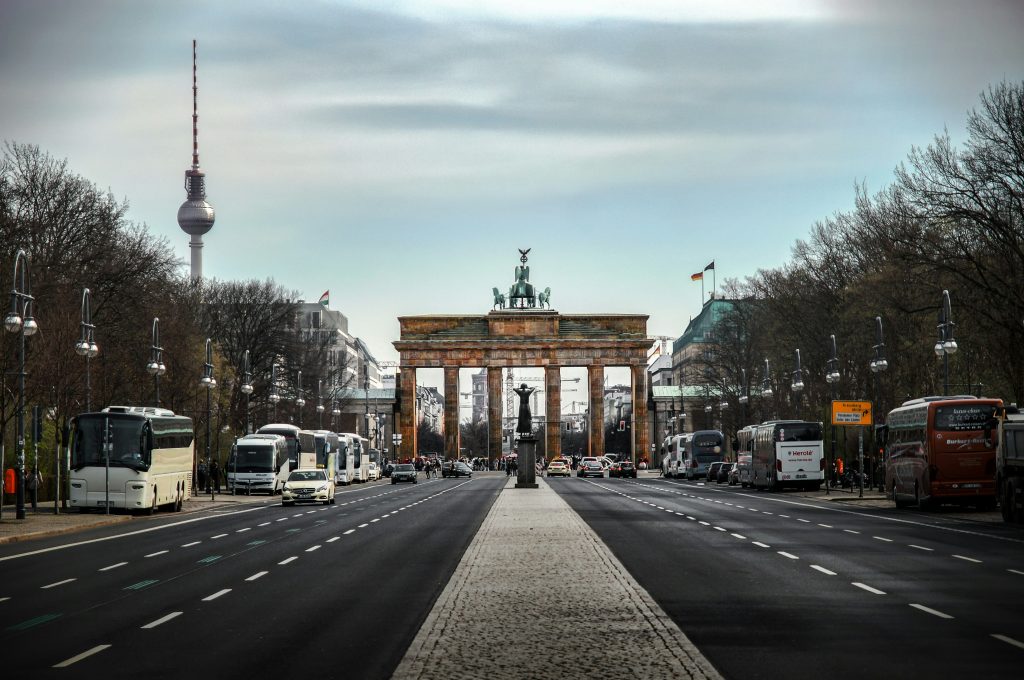Policy Paper
25/01/16Germany and the stability of the EMU

To what extent has German EU policy contributed to stabilizing the euro?
In their Policy paper Henrik Enderlein, director of our office in Germany, the Jacques Delors Institut – Berlin, Katharina Gnath, senior project manager at the Bertelsmann Stiftung and Jörg Haas, research fellow at the Jacques Delors Institut – Berlin, show how Germany’s concept of a “stability community” has shaped the common currency. They argue that the idea, although narrowly defined in the beginning, has broadened over time. They also highlight areas where the monetary union is still incomplete.





